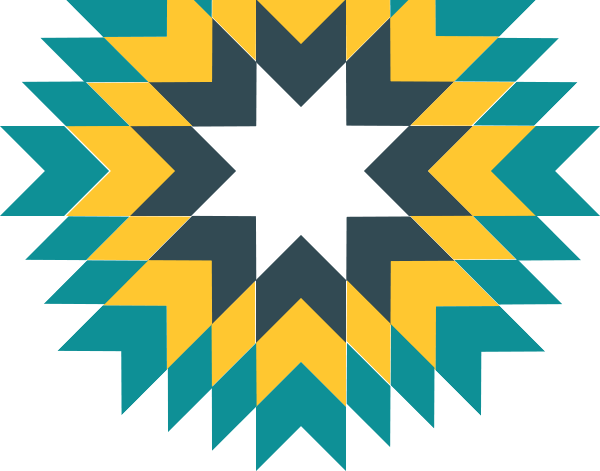Tribal Accreditation:Self-Study
During the candidacy stage, the school community is involved in completing a comprehensive examination of school operations. The activities, resources, curriculum, and services of the school are examined with respect to the school’s written mission statement and compliance with the COSA Accreditation Standards. The self-study is conducted using a COSA approved evaluation instrument with guidance from the managing commission office and the assigned team chairperson.
The self-study is a developmental journey for the school community. The school is encouraged to evaluate itself by seeking opinions from all stakeholders of the community, including staff, parents, students, and leaders. In coming together to examine the information (data) discovered through self-study, the school community strengthens internal relationships and develops a clear understanding of what the school says it does versus what it actually does. The school uses the findings of the self-study to develop an improvement plan.
The result is a self-study report, a paper document that provides a reader, who is unfamiliar with the school, with a comprehensive understanding of the school. The self-study report addresses each of the COSA Accreditation Standards and presents explanation and evidence on how each standard is met through the school operations.
Commission representatives are available throughout the process for guidance and clarification. Schools may use outside consultant services during the self-study; however, school personnel must conduct the self-study. Those not associated with the school should not do the self-study. COSA will not accept a self-study that is not the work of a representative body of school staff. Remember, the full value lies in the process and that value is best realized when the school community is immersed in the self-study.
Schools seeking COSA accreditation must use a current edition of a self-study instrument that has been approved by COSA.
